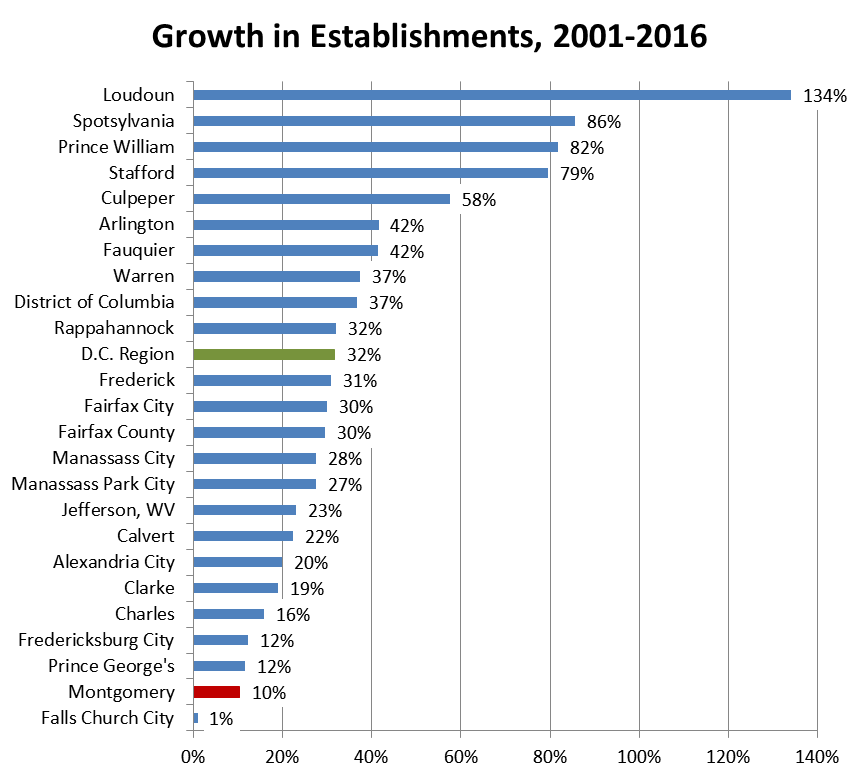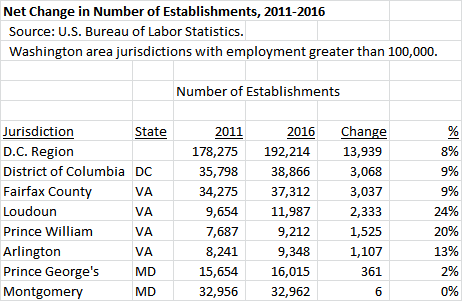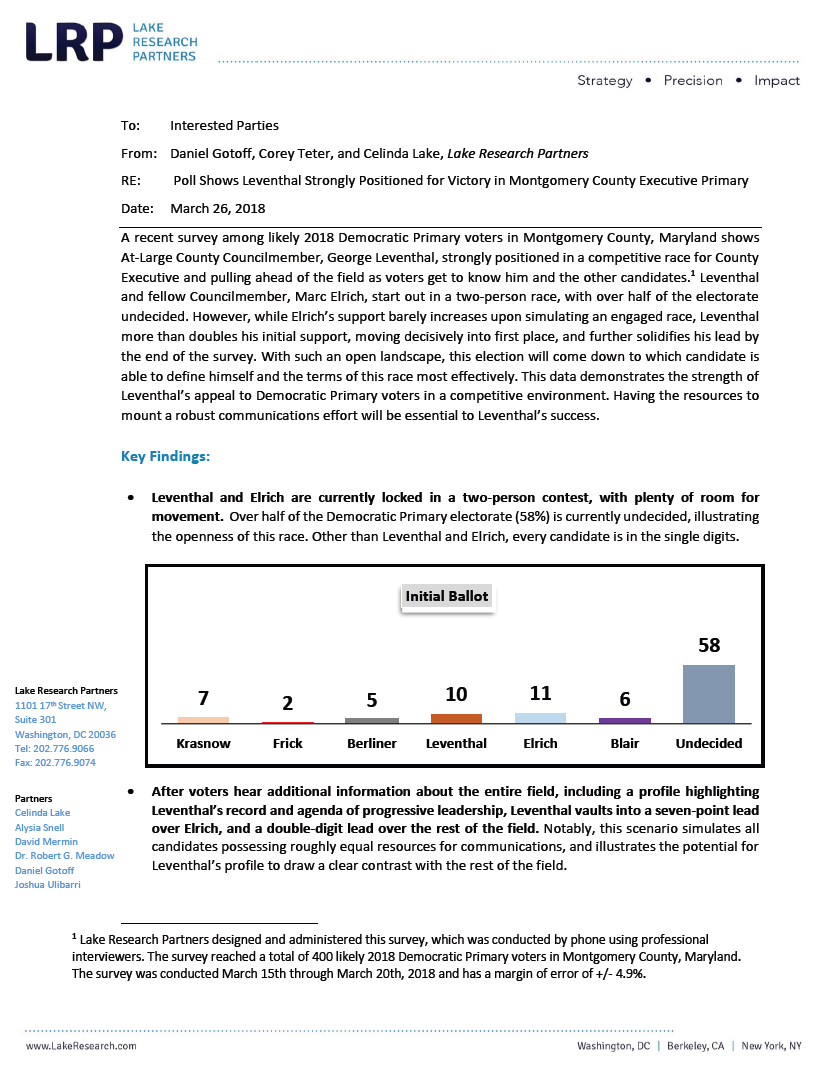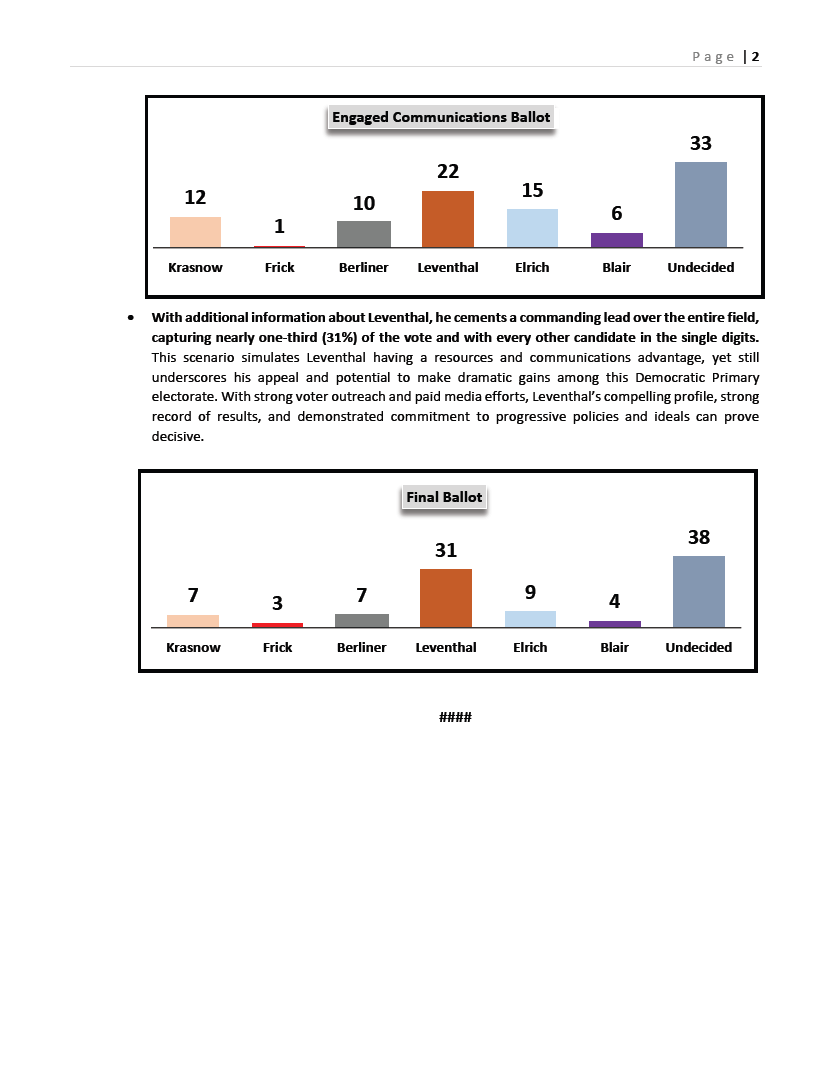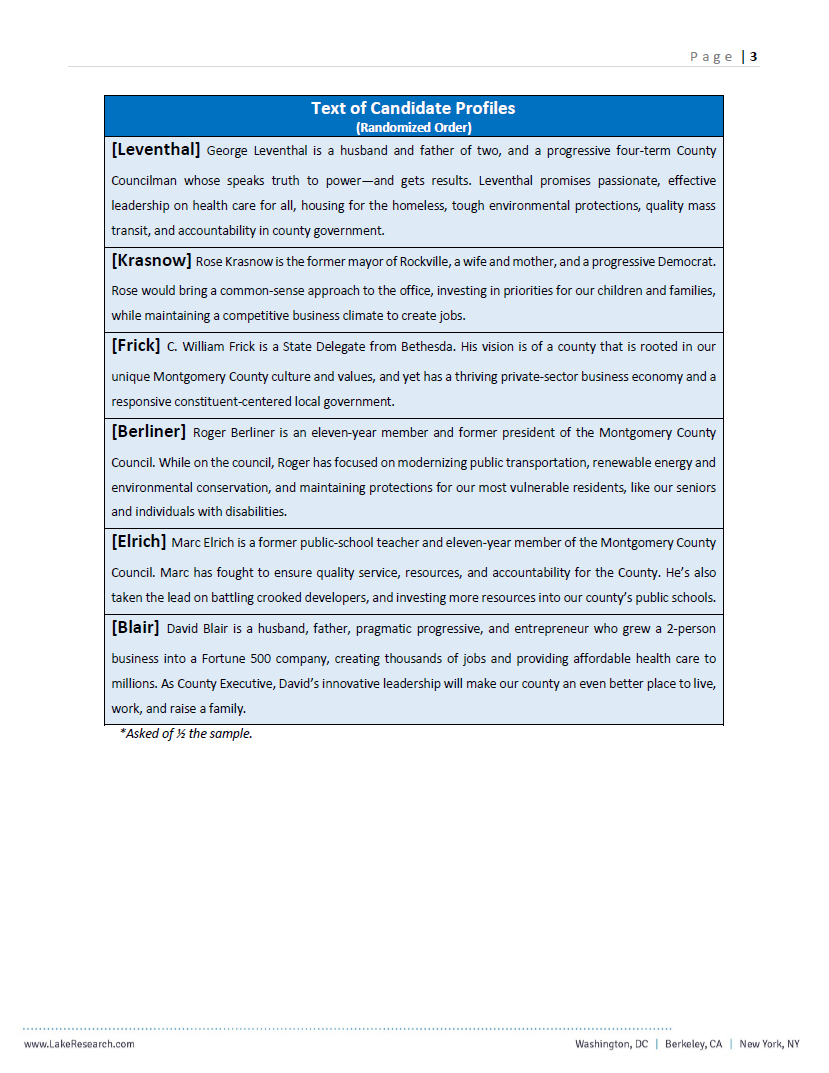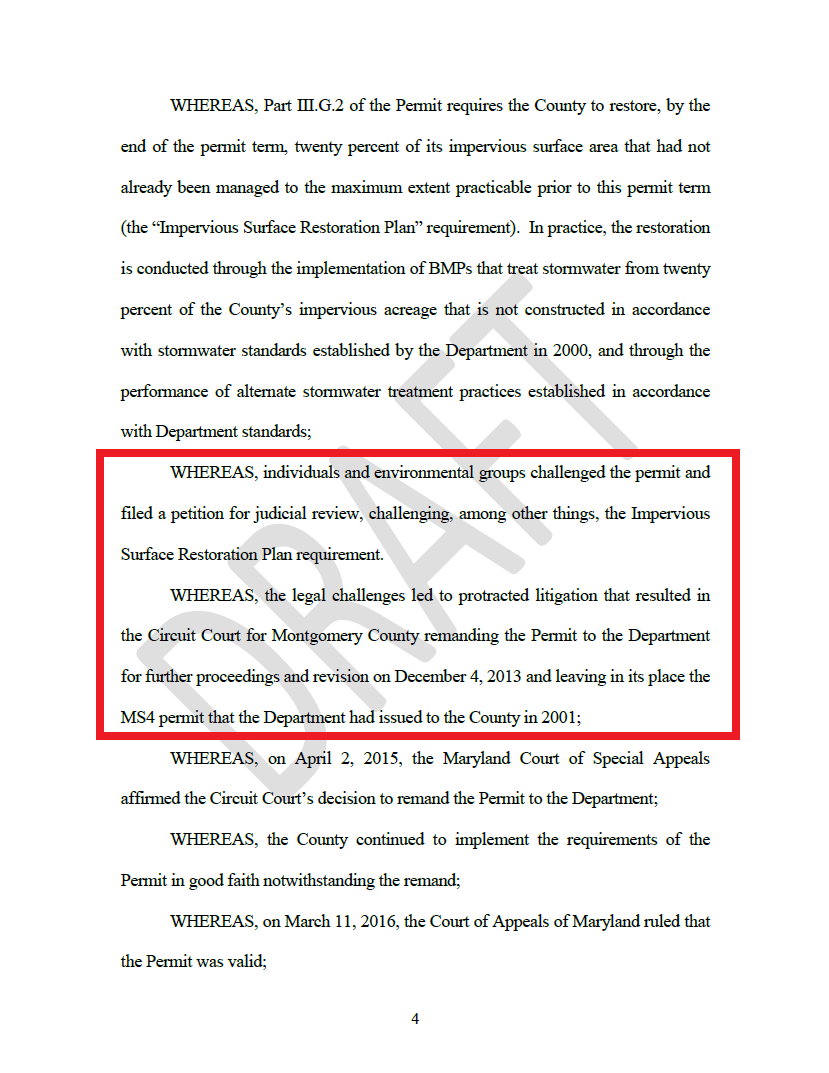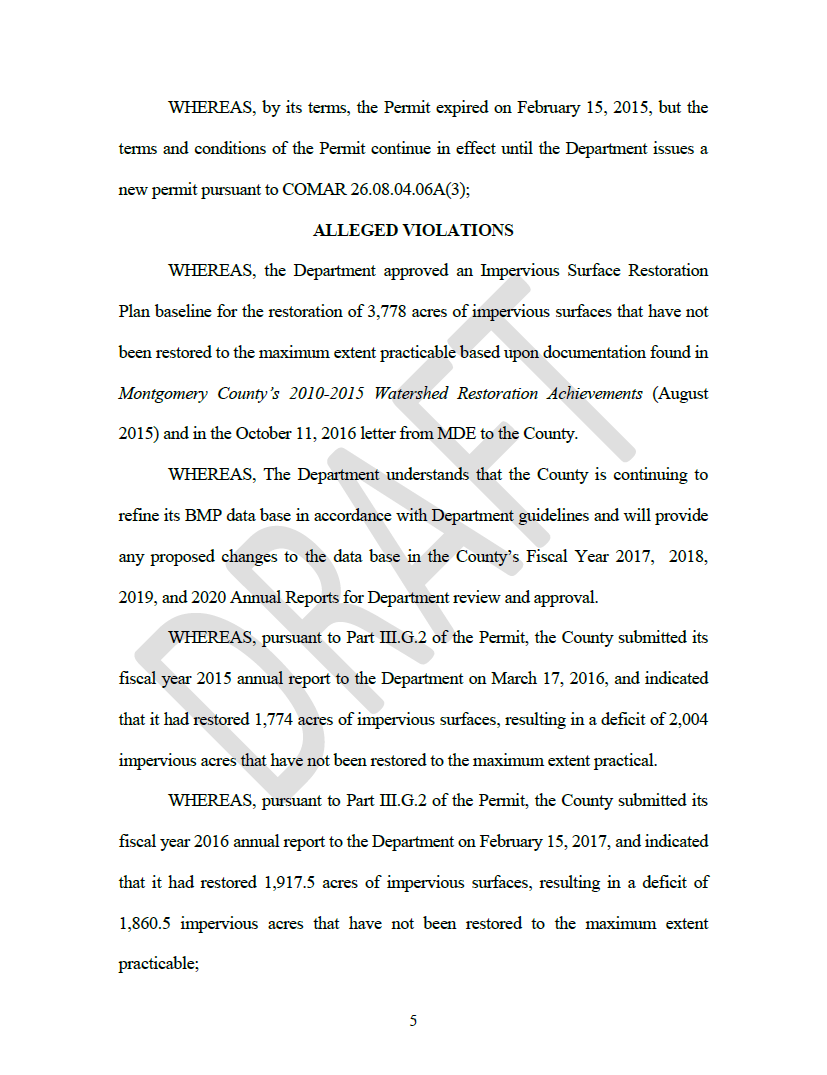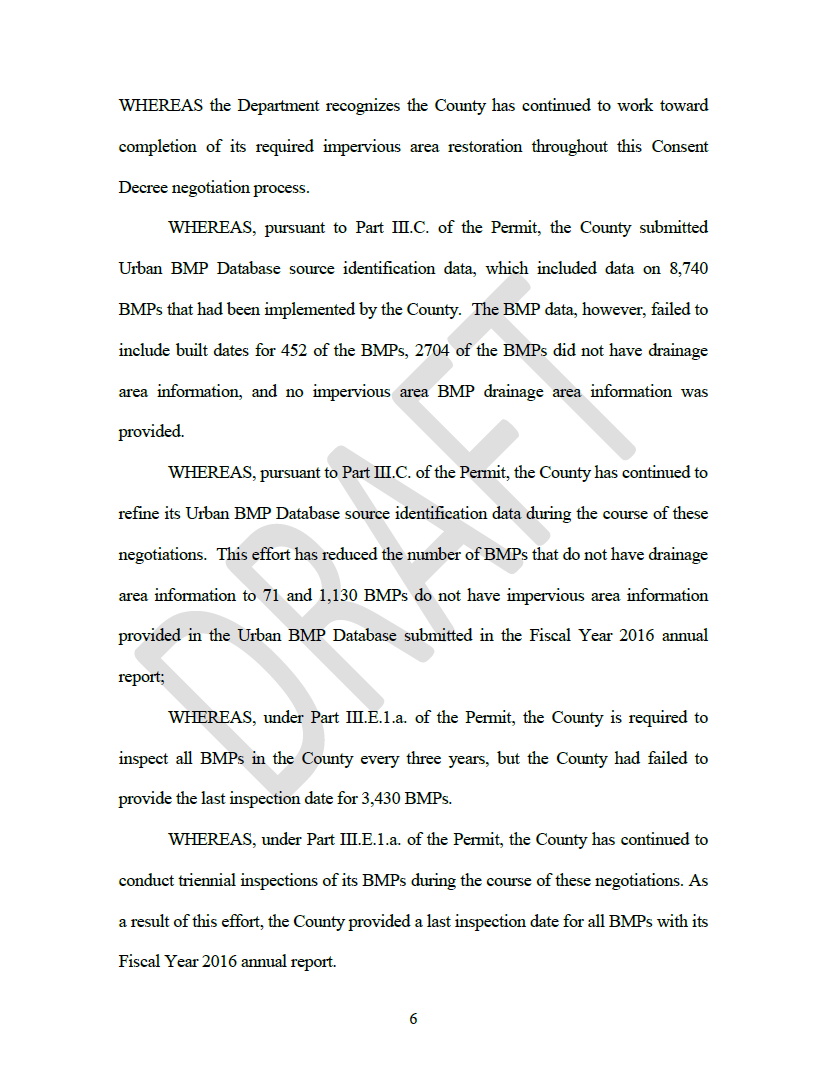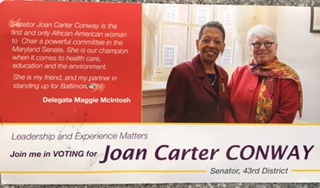By Adam Pagnucco.
Immigrant rights group Casa in Action has announced a second wave of endorsements. We included their first wave in MoCo in our endorsement summary of March 9. The full list of earlier endorsements appears here. We reprint Casa in Action’s press release below.
*****

FOR MORE INFORMATION CONTACT
FERNANDA DURAND, CASA in Action fdurand@casainaction.org
JOSSIE FLOR SAPUNAR, CASA in Action jsapunar@casainaction.org
CASA in Action Endorses Local and State Candidates in Maryland
LANGLEY PARK, MD. (WEDNESDAY, MARCH 28, 2018) – The Mid-Atlantic’s premier pro-immigrant electoral organization CASA in Action announced endorsements for the Maryland General Assembly and local council seats ahead of the June 26 Maryland primary. This second series of endorsements took place Sunday after the CASA in Action board interviewed and voted in favor of candidates that support a pro-immigrant agenda benefitting working families. The first series of endorsements can be found at this link.
“Amidst the xenophobia that plagues the national discourse, our community should, now more than ever, be represented by candidates that recognize that immigrant and working families strengthen the fabric of our nation,” said Gustavo Torres, President of CASA in Action. “Uplifting candidates that will champion our issues despite efforts to bring us down will ultimately help all Marylanders. This year we will fight harder than ever to elect a slate of candidates that will provide the social and economic opportunities our community desperately needs.”
Whereas some endorsements went to incumbent officials, many were in support of new leaders that are shaking up the world of politics.
Longtime local activist Krystal Oriadha has advocated for access to health care and quality education for the families that need it most.
Spurred to run for office after witnessing President Trump’s hateful rhetoric, Hamza Khan, former president of the Muslim Democratic Club of Montgomery County, fiercely supports the Maryland TRUST Act and a $15 minimum wage for the working families that call Maryland home.
After leaving a lucrative corporate job to become a computer science teacher in Montgomery County Public Schools, Samir Paul decided to further serve his community by seeking public office, where he will pursue progressive policies as delegate.
Decorated combat veteran Marlin Jenkins is a labor union attorney that relentlessly fought for workplace benefits for federal employees.
A fierce advocate who has dedicated her life to social justice, Brandy Brooks is a progressive activist and organizer determined to expand opportunities in Montgomery County.
Will Jawando is a civil rights attorney and community activist who worked on education and workforce policy at the federal level.
“Whether phone-banking, door-knocking, or registering voters, our members are excited to replicate the electoral victories we secured for our nine candidates in Virginia,” said Yaheiry Mora, Director of CASA in Action. “Many of the Maryland candidates we endorsed are mettle-tested warriors in the fight for equity and justice. Their longstanding history of activism will energize our members to help turn out the vote for candidates that will fight for working families.”
CASA in Action is spearheading a voter mobilization campaign that ensures progressive, pro-immigrant candidates are elected into office at the local, state, and national levels.
Endorsements
Prince George’s County – County Council Elections
District 7: Krystal Oriadha
District 9: Tamara Davis Brown
House of Delegates and State Senate
District 11 House of Delegates
Amy Blank
Shelly Hettleman
Dana Stein
District 14 House of Delegates
Anne Kaiser
District 15 House of Delegates
Kathleen Dumais
David Hidalgo Fraser
Hamza Khan
District 16 House of Delegates
Ariana Kelly
Marc Korman
Samir Paul
District 17 House of Delegates
Jim Gilchrist
District 18 House of Delegates
Emily Shetty
Jared Solomon
District 19 House of Delegates
Bonnie Cullison
Marlin Jenkins
District 21 House of Delegates
Mary Lehman
District 24 House of Delegates
LaTasha R. Ward for House of Delegates
Erek Barron for House of Delegates
District 25 House of Delegates
Darryl Barnes
District 39 House of Delegates
Shane Robinson
District 40 House of Delegates
Nick Mosby
District 43 House of Delegates
Curt Anderson
Maggie McIntosh
District 44B House of Delegates
Charles Sydnor
District 47
Malcolm Augustine for State Senate
Diana Fennell for House 47A
Jimmy Tarlau for House 47A
Montgomery County Council At-Large
Gabe Albornoz
Brandy Brooks
Will Jawando
Hans Riemer





